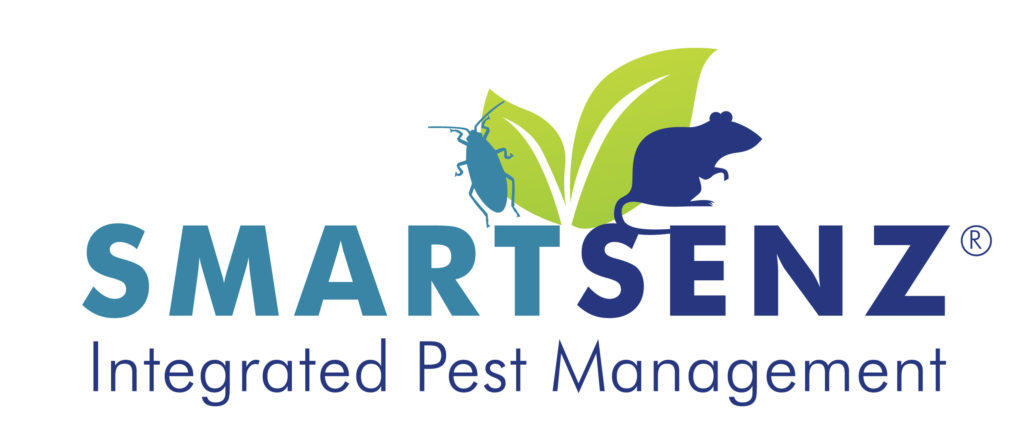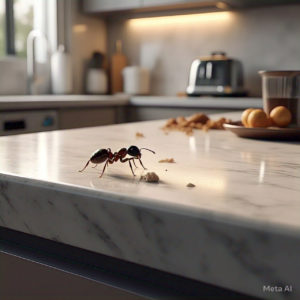Firstly, what is a pesticide?
A pesticide is any substance or mixture of substances (usually chemicals) designed to control, kill or deter living organisms such as unwanted pests. This includes insecticides, herbicides and fungicides.
Things to consider when handling pesticides:
- What is the form (i.e. granules/ fog/ spray/ gel) of pesticide that is best suited to your targeted pest and site?
- What safety information (i.e. does it affect small animals/ children/ etc.) do you need to know before choosing the pesticide? All this can be found on the label.
- What pest are you trying to manage? You need to know its behavior, its anatomy, its breeding cycle to choose the correct pesticide.
- How will you transport the pesticide? Legally, this should be in the boot of the car, in a separate compartment to passengers.
- How much of the pesticide do you need? You need to ensure that you use the correct quantity and store the remainder correctly (upright, in a cool environment and away from children and animals). Or, if you will dispose of the pesticide afterwards, how will you do that safely and as per regulations?
Pesticide DOs:
- Ensure that you know how to open the container correctly, as there may be a gas build up which could cause the contents to spray out.
- Ensure that you only apply the product to the specific, targeted area.
- Ensure that you have the correct tools and safety equipment.
- Ensure that you have the emergency contact number for your local poison control center close at hand.
Pesticide DONTS:
- Don’t eat when using a pesticide.
- Don’t smoke when using a pesticide.
- Don’t mix pesticides close to any water source.
- Don’t let people or pets near treated areas.
- Don’t inhale any products.
- Don’t use excess quantities.
- Don’t target pests that are not specified on the product label.
- Don’t store pesticides near food, medicine or animal feed.
- Don’t re-use a pesticide container for any other use.
- Don’t transfer the pesticide to a different container, ie empty milk bottle.
- Don’t remove the label on any pesticide container.
As you can see – using a pesticide is a HUGE responsibility!
People, pets, wildlife and the environment can be negatively affected by the applications of pesticides which can cause serious health problems.
Handling a pesticide may seem an easy task, but the responsibility that it carries should not be taken lightly. There are so many factors that you need to take into consideration. Are you ready and able to take on such a huge responsibility?
If you feel that the task is too great, rather be safe and contact a Pest Management Professional who has the correct equipment and knowledge to ensure safe handling and application of pesticides.





